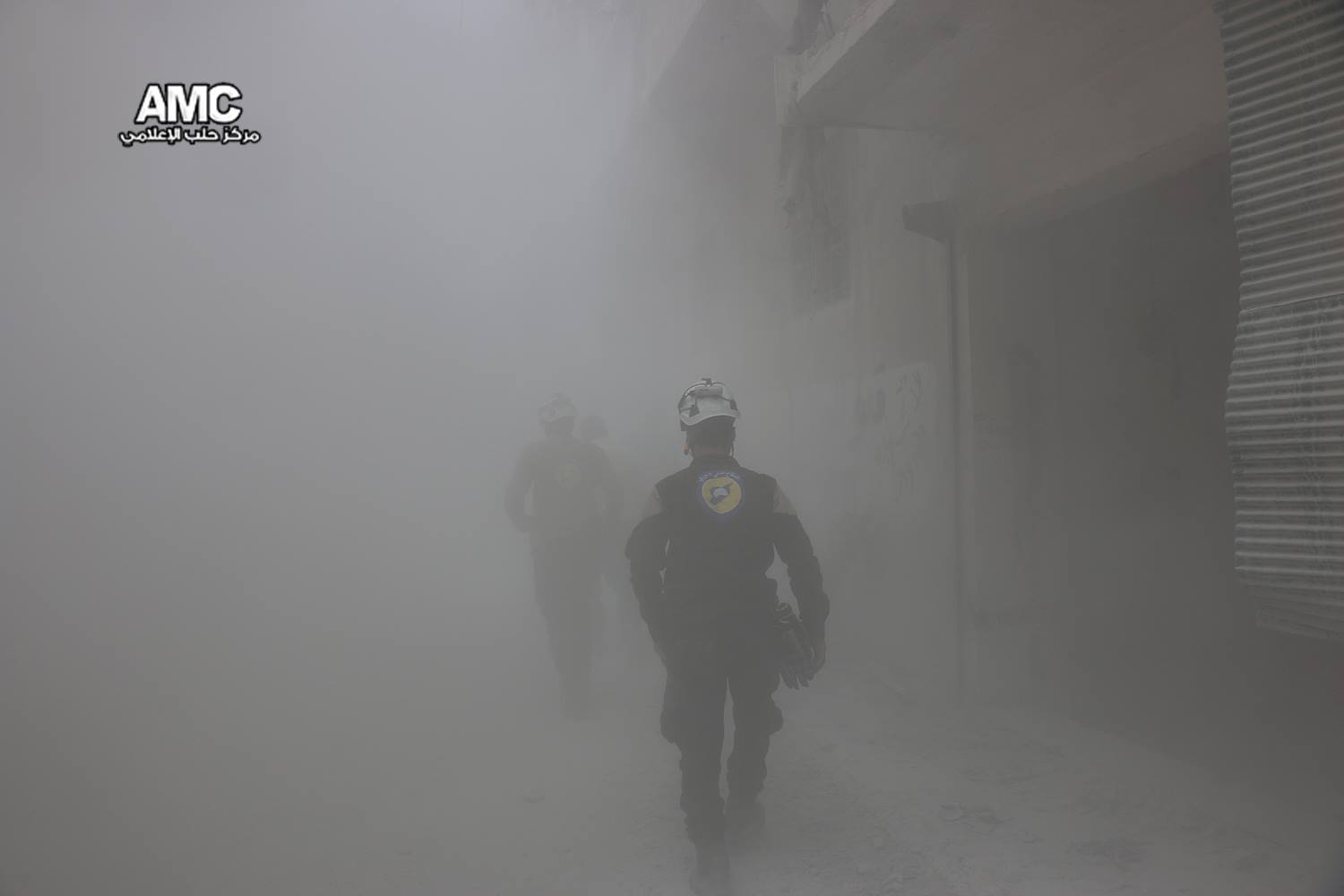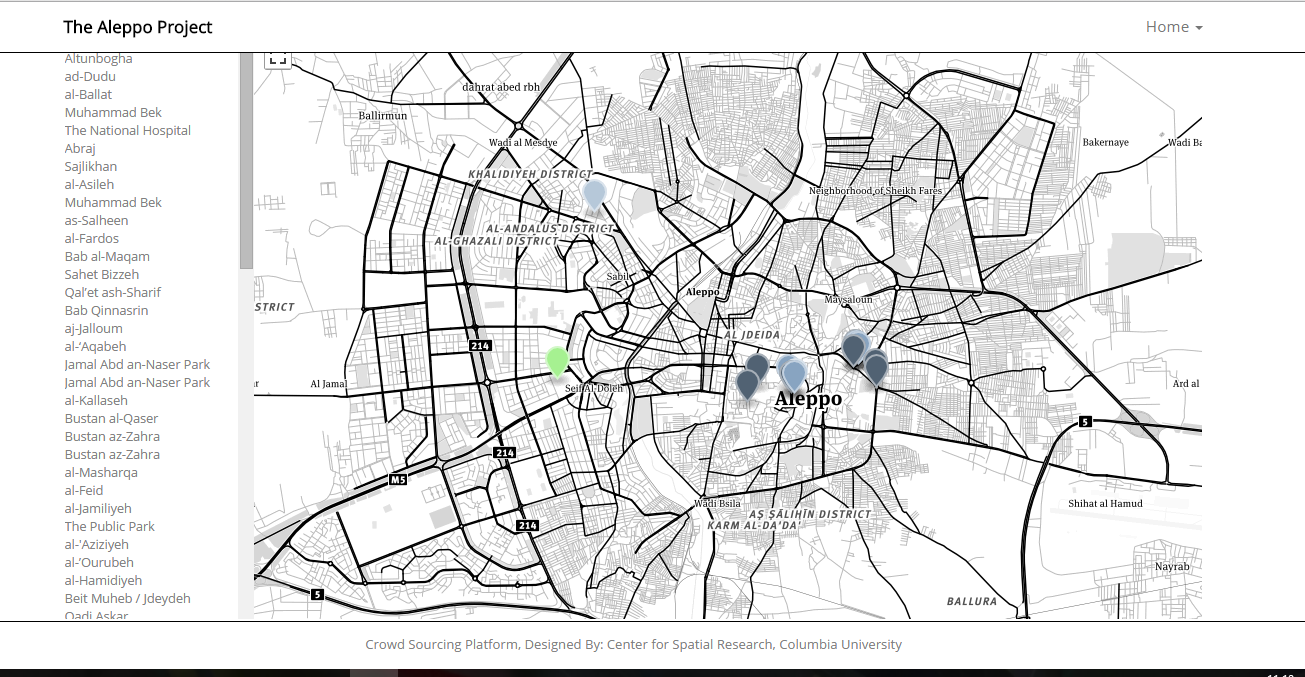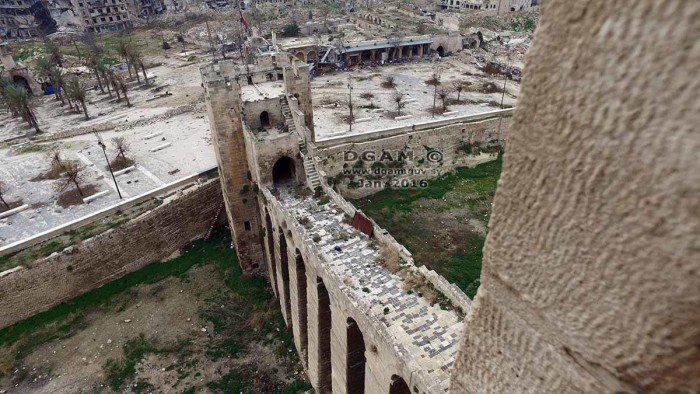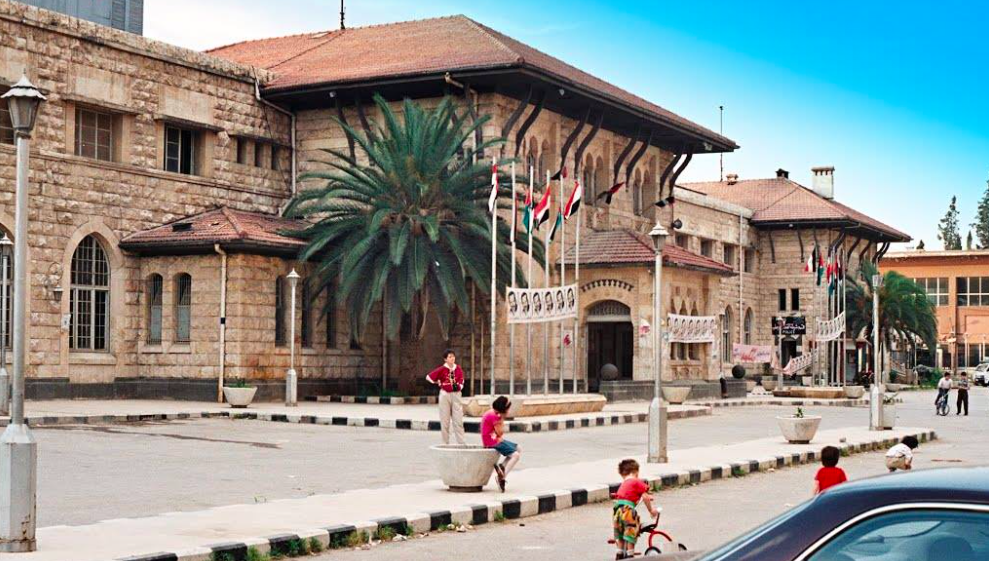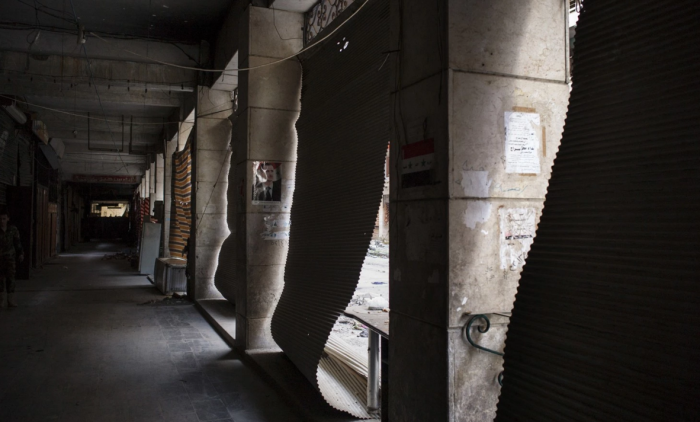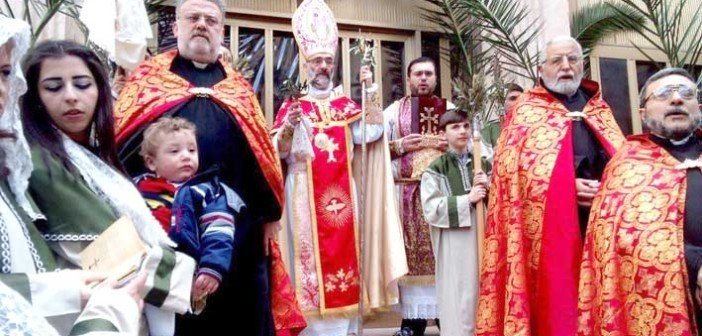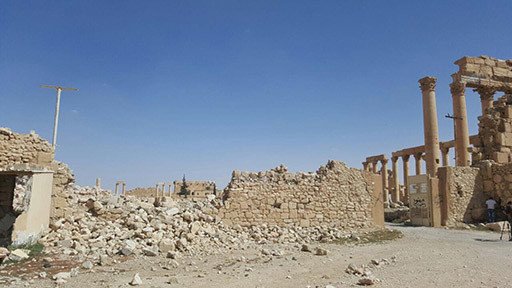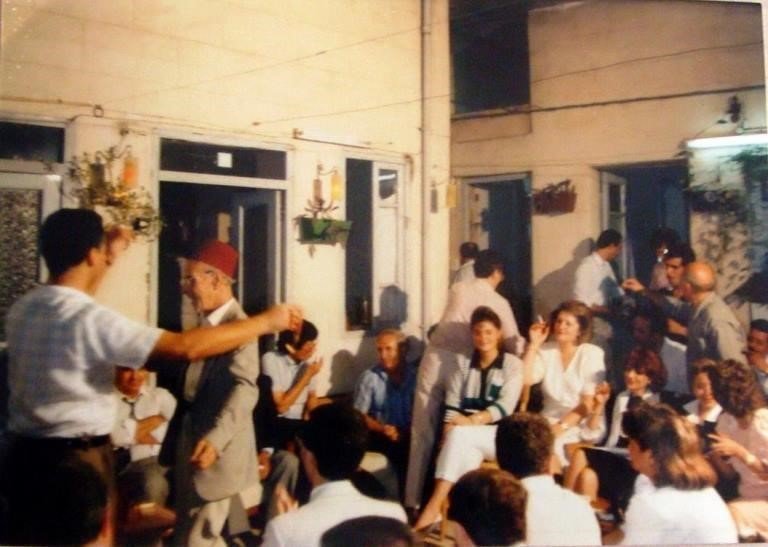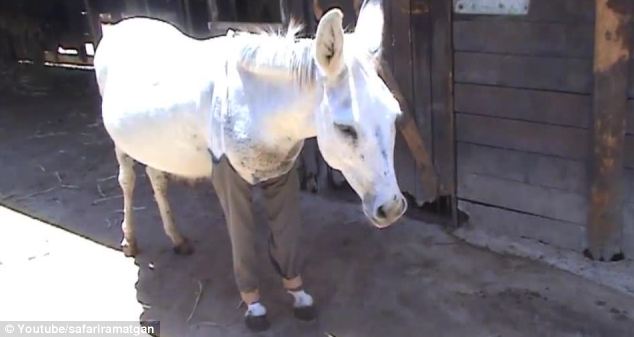After a relative calm, an escalation looms on the frontier. The rebels are getting ready to confront any possible siege of Aleppo while tensions between Jabhet an-Nusra and the regime escalate south of Aleppo. The Syrian Prime Minister Wael Halaqi’s announcement that the government plans to liberate Aleppo with the help of the Russian Air Force presages more violence. It also follows several warnings from the speaker of the High Negotiations Committee Bassma Kodmani that the ceasefire is about to collapse. The High Negotiations Committee suspended its participation in the Geneva talks to protest against the escalation on the ground. De Mistura, who is scheduled to brief the Security Council on April 27, recently insisted that the ceasefire was still 70 per cent holding. The facts on the ground have changed a lot in a short time. On April 26, UN Secretary General Ban Ki-moon told reporters in Vienna he was “deeply concerned about developments on the ground.” Will the ceasefire fall apart in Aleppo?
read more
 The Aleppo Project
The Aleppo Project
